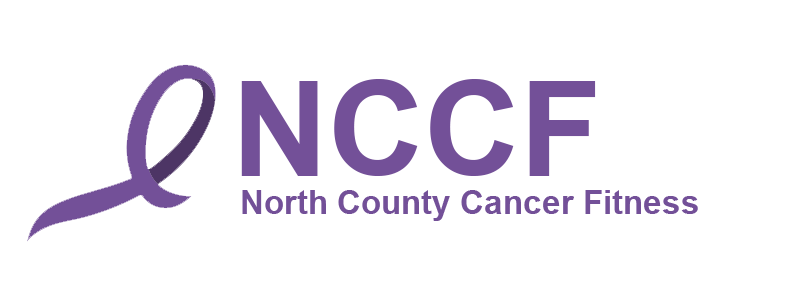
25 Feb The Potential Yield of Tai Chi in Cancer Survivorship
...Tai Chi may negate the deleterious cognitive side effects of cancer and its treatment.
In addition to the potential benefits on physical fitness and psychological health, Tai Chi may negate the deleterious cognitive side effects of cancer and its treatment. Tai Chi incorporates the practice of meditation [1,2]. This meditative element of Tai Chi might extend its benefits beyond other forms of physical activity.
Tai Chi is accessible to most people and does not require special facilities or expensive equipment. Tai Chi is an understudied but promising tool to increase light physical activity levels with additive meditative benefits in cancer survivors and thus improving survival outcomes (e.g., reduction in cancer recurrence, improved psychosocial health and cognitive function).
Regular physical activity (defined as any bodily movement produced by skeletal muscle that requires energy expenditure) [5] is associated with a reduced risk of developing cancer and of recurrence of breast, prostate and colorectal cancer, and with improved survival. Such benefits are putatively mediated by reductions in adiposity, with result-ing changes to circulating adipokines and cytokine, insulin resistance and blood insulin levels, and sex hormone production; increased insulin sensitivity in skeletal muscle (and thus reduced hyperinsulinemia); increased colonic motility, leading to increased transit time (and thus reduced colonic carcinogen exposure); reduced DNA oxidative damage and increased repair [6–9].
Check out the fitness schedule to find a class that interests you. And Sign Up for class today!
Learn more by reading this informative article on the benefits of Tai Chi.
Authors:
Lee Smith
Department of Life Science, The Cambridge Centre for Sport & Exercise Sciences, Anglia Ruskin University, Cambridge, UK
Dan Gordon
Department of Life Science, The Cambridge Centre for Sport & Exercise Sciences, Anglia Ruskin University, Cambridge, UK
Adrian Scruton
Department of Life Science, The Cambridge Centre for Sport & Exercise Sciences, Anglia Ruskin University, Cambridge, UK
Lin Yang
Author for correspondence: Department of Epidemiology, Center for Public Health, Medical University of Vienna, Austria lin.yang@meduniwien.ac.at




No Comments